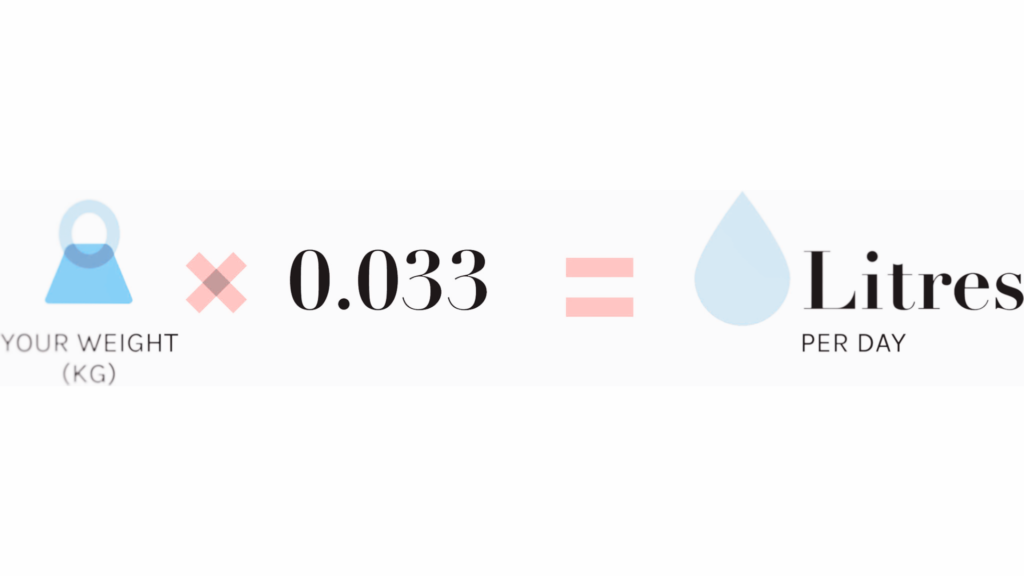Discover comprehensive information for all aspects of sexual health and find resources and guidance to empower your sexual well-being.
Prostate health is a critical concern for men, especially as they age. The prostate gland…
Discover comprehensive information for all aspects of sexual health and find resources and guidance to empower your sexual well-being.
Prostate health is a critical concern for men, especially as they age. The prostate gland…
Erectile dysfunction (ED) is a condition that affects many men worldwide, leading to significant stress,…
Erectile dysfunction (ED) is a common condition affecting men, often characterized by the inability to…
Feeling nervous about sexual performance, known as Sexual Performance Anxiety (SPA), is pretty common. But…
The pelvic floor muscles are the unsung heroes of our body’s core, providing support to…
Sleep-related painful erection (SRPE) is a rare condition where people get painful erections while they’re…
Commitment issues can often manifest in romantic relationships, work, and other personal or professional spheres.…
Staying hydrated is vital for nutrition because water is essential for all the body’s processes. Without water, our bodies would last longer without food.
Table of Contents
ToggleAlmost every system in the body depends on water. It allows the circulatory system to deliver oxygen and nutrients to cells, aids the kidneys in filtering waste, helps regulate body temperature through sweating, and supports the digestive system.
Moreover, water plays a vital role in the brain, where 75% of its mass is water, influencing mood, productivity, and concentration alongside its role in bodily functions.
Your body expends a considerable amount of water daily. To ensure optimal functioning and well-being, it’s important to replenish the lost water by drinking enough throughout the day.
According to guidelines, the recommended daily intake for most individuals is 1.5–2 liters. Considering a typical mug or glass holds 200ml, this translates to about 8–10 drinks per day. It’s important to note that these targets represent the minimum for maintaining health, so consider it the baseline. If you find it easy to reach 1.5 liters, aim for 2 liters daily.
For children and infants, the fluid needs are lower than those for adults. It’s advisable to introduce tap water from the age of 6 months, aiming for 6–8 glasses a day with young children. Adjust these targets based on your lifestyle and circumstances.
If you engage in activities that cause significant sweating, such as intense physical exercise, it’s crucial to regularly replenish the fluid loss. In hot climates, during holidays, increased sweating may occur, necessitating a higher fluid intake. Additionally, breastfeeding mothers require extra fluids.
Consider using the following calculation as a rule-of-thumb guide to determine your daily water requirement. Keep in mind to adjust for your sweat levels, which are influenced by the amount of physical activity you engage in. This personalized adjustment will help ensure that you meet your specific hydration needs.

Approximately 20% of our total fluid intake is obtained from the food we consume, requiring no additional consideration. However, for the remaining 80%, research indicates that many individuals opt for sugary drinks, tea, coffee, and juices.
A survey revealed that 23% of respondents chose fizzy drinks for hydration. While these beverages provide necessary fluids, they also introduce caffeine, sugar, and sweeteners, along with their associated health effects. Opting for water is considered the best and simplest way to stay hydrated.
Signs of dehydration encompass a dry mouth, dark yellow urine, fatigue, thirst, dizziness, and a reduction in the frequency of urination (less than four times per day). Research indicates that even a modest level of dehydration, around 1% loss of body weight in water, can have adverse effects on both mental and physical function. These effects become more pronounced with increased dehydration.
Consistently insufficient hydration is also linked to constipation. If you frequently experience constipation, consider increasing your fluid intake as it may contribute to alleviating this issue.
For healthy and well-nourished adults, consuming excessive water is rarely a concern. However, athletes may sometimes overhydrate in an effort to prevent dehydration during prolonged or intense exercise. When you drink an excessive amount of water, your kidneys may struggle to eliminate the excess, leading to a dilution of the sodium content in your blood. This condition is known as hyponatremia.
Related: How Many Calories Do I Need By Age
References
Dr. Nishtha, a medical doctor holding both an MBBS and an MD in Biochemistry, possesses a profound passion for nutrition and wellness. Her personal journey, marked by significant struggles with physical and mental health, has endowed her with a unique empathy and insight into the challenges countless individuals face. Driven by her own experiences, she leverages her background to offer practical, evidence-backed guidance, empowering others on their paths to achieving holistic well-being. Dr. Nishtha truly believes in the interconnectedness of the mind and body. She emphasizes the significance of understanding this connection as a crucial stride toward attaining balance and happiness in life.

